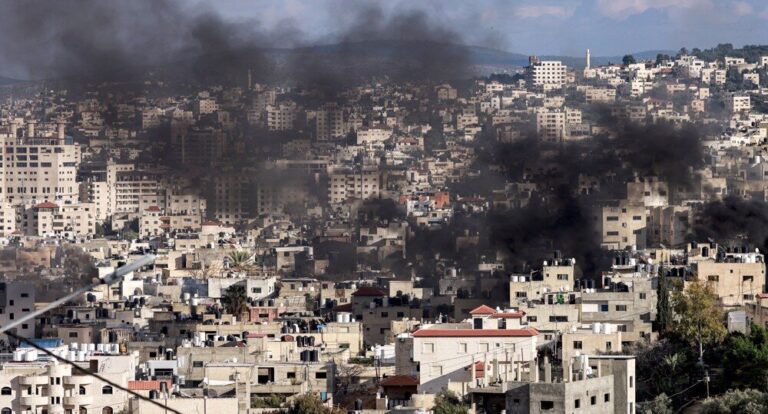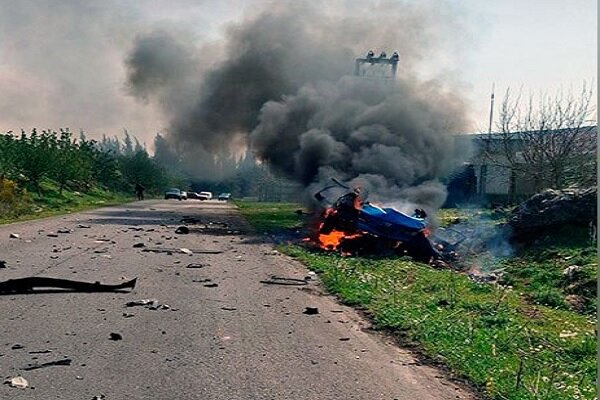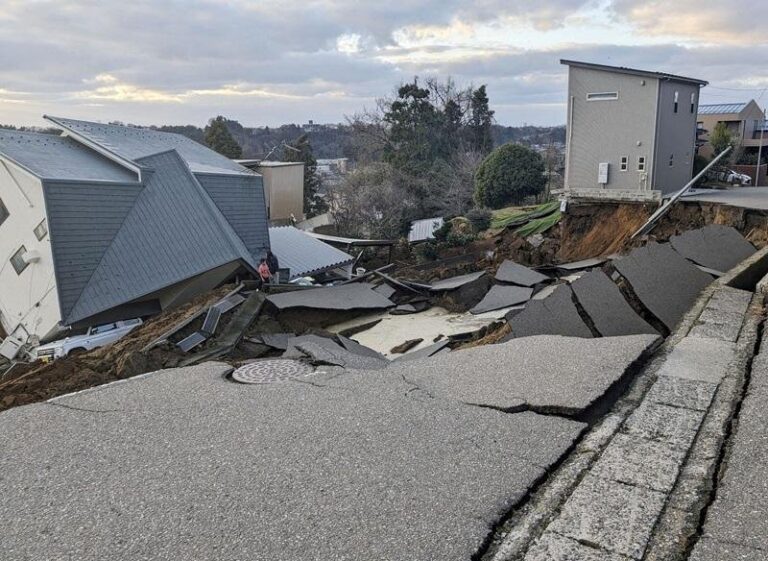Tragic US Airstrikes: 38 Lives Lost in Yemen Oil Terminal Attack
In recent developments, the US Central Command has announced significant military actions targeting the Ras Isa fuel port located in Hodeidah province. This strategic move aims to disrupt the financial resources of the Ansarallah-led government in Sanaa. Such operations are pivotal in the ongoing conflict in Yemen, where control of resources is a critical factor influencing power dynamics.
The strikes on Ras Isa fuel port have raised numerous questions about the implications for the region and the ongoing civil war in Yemen. Here’s a closer look at the details surrounding this military action:
- Date of the Announcement: The US Central Command made this announcement on April 18.
- Location: Ras Isa fuel port is situated in Hodeidah province, a vital area for oil exports and imports.
- Objective: The primary objective of these strikes is to cut off revenue streams to the Ansarallah-led government.
- Context of the Conflict: Yemen has been embroiled in a civil war since 2014, with various factions vying for control, resulting in a humanitarian crisis.
The US Central Command emphasized that these military operations are part of a broader strategy to weaken the military capabilities of the Ansarallah movement, which has been a significant player in the Yemeni conflict. By targeting key infrastructure like the Ras Isa fuel port, the US aims to limit the resources available to the group, which has been accused of exacerbating the humanitarian situation in Yemen.
This military action is not without controversy. Critics argue that such strikes may further complicate the already dire humanitarian situation in Yemen. The region has been suffering from widespread famine, displacement, and lack of medical care, with millions of civilians affected by the ongoing violence.
Impact on the Humanitarian Situation
The humanitarian crisis in Yemen is one of the most severe in the world today. According to various reports, the following statistics highlight the extent of the situation:
- Over 24 million people, which accounts for nearly 80% of the population, are in need of humanitarian assistance.
- Approximately 14 million people are facing acute food insecurity, with many on the brink of famine.
- The healthcare system is in ruins, with many facilities non-operational due to the conflict.
As the US continues its military operations in Yemen, the international community is watching closely. The implications of these actions extend beyond the immediate military objectives, potentially affecting diplomatic efforts aimed at resolving the conflict.
International Reactions
The strikes on Ras Isa fuel port have elicited a range of reactions from different countries and organizations:
- United Nations: The UN has expressed concern over the increased military actions, emphasizing the need for dialogue and a ceasefire.
- Human Rights Organizations: Various human rights groups have condemned the strikes, warning that they could worsen the humanitarian crisis.
- Regional Powers: Countries in the region are closely monitoring the situation, with some expressing support for the US actions, while others criticize them.
Given the complexity of the situation, it is crucial to consider the broader implications of military interventions in Yemen. While the US aims to diminish the resources of the Ansarallah government, the potential for escalating violence and further suffering among civilians remains a pressing concern.
The Path Forward
Moving forward, it is essential for all involved parties to prioritize humanitarian efforts and seek diplomatic solutions to the conflict. Addressing the urgent needs of the Yemeni people should be at the forefront of any strategy, as the consequences of continued military action could be catastrophic.
As the situation evolves, the international community must remain engaged, advocating for peace and stability in Yemen. The hope is that constructive dialogue will replace military confrontations, leading to a resolution that respects the rights and needs of all Yemenis.
In conclusion, the US Central Command’s recent strikes on the Ras Isa fuel port in Hodeidah province represent a significant escalation in the conflict in Yemen. While aimed at crippling the Ansarallah-led government’s revenue, these actions also raise serious concerns about the humanitarian implications for the millions of civilians caught in the crossfire. The need for a comprehensive and compassionate approach to the crisis has never been more urgent.






